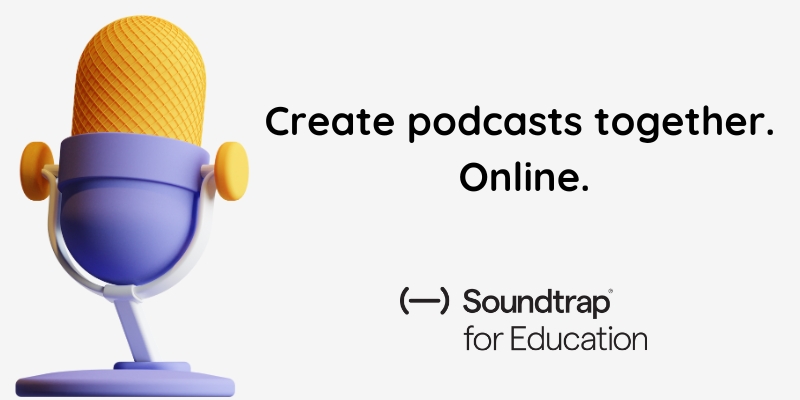If you want to start a podcast, one of the first things you should consider is the format of your show. The types of podcast format will determine how you interact with your audience and deliver your material. There is no one-size-fits-all solution here, so it all depends on your personal style and ambitions. Let’s look at the most prevalent podcast formats and how they work. Hopefully, by the end, you’ll have a better notion of which one best suits you!
The Solo Show
The solo podcast format is just as it sounds: just you, the microphone, and your ideas. This format is ideal if you are an expert in a certain topic or simply want to share personal experiences or ideas. Consider it a monologue or audio blog in which you can discuss whatever you’re enthusiastic about without the need for guests or co-hosts. Some ideas of topics include; mental health, book reviews, and personal career hacks.
Pros:
- Complete control over the content.
- No scheduling conflicts with other people.
- It’s great for personal branding—you’re the star!
Cons:
- You’ll have to come up with all the content on your own.
- It might be harder to keep things engaging for long periods.
Interview Shows
This is among the most popular types of podcast formats. Interview podcasts feature guests—whether they are specialists, celebrities, or ordinary individuals with compelling stories. The host poses questions, the guest responds, and the two have a conversation. This format is adaptable and suitable for a wide range of industries, including business, technology, lifestyle, and entertainment. It is a good idea to bring on experts to discuss entrepreneurship or travel enthusiasts to share their experiences.
Pros:
- It’s easier to create content since the focus is on the guest.
- You get fresh perspectives in each episode, keeping things interesting.
Cons:
- Scheduling guests can be tricky, especially if they’re busy or in different time zones.
- You need good interview skills to make sure the conversation flows naturally.
Co-hosted Shows
Co-hosted podcasts are those where two or more persons host the broadcast jointly. It’s a conversation among friends, colleagues, or experts that feels livelier because of the natural back-and-forth. These podcasts are often more relaxed and can cover everything from current events and pop culture to specialty issues.
Pros:
- The conversation feels more organic and livelier.
- You can share the load when it comes to planning and content creation.
Cons:
- It requires more coordination and teamwork.
- There might be disagreements or differences in style that need managing.
Narrative Storytelling
Amongst the different types of podcast formats, narrative storytelling focuses on telling a tale in a serial or episodic style. These could be fictional stories, facts about historical events, or a mix of both. Consider it an audiobook or a radio drama but divided into episodes.
Pros:
- You can showcase innovation with sound design, music, and narration to enhance the storytelling.
- People love a good story, so this format can build a dedicated audience.
Cons:
- It requires a lot of planning, writing, and production effort.
- If it’s a series, listeners will expect regular episodes to follow up on the story.
Roundtable Discussions
This is a bit like the panel show but often involves rotating guests who come together for a group discussion. The roundtable can be more free-flowing and doesn’t always require deep expertise from the participants, making it feel casual yet informative.
Pros:
- Offers a variety of opinions and ideas in one episode.
- It can be a good way to introduce new voices and perspectives regularly.
- It can become a community-building platform if you involve your audience.
Cons:
- It can be hard to manage and keep organized, especially with larger groups.
- Some participants may dominate the conversation
Collaborate effortlessly with anyone using Soundtrap, where you can record, edit, and store your podcast in the cloud, allowing you to work from anywhere and on any device. Soundtrap is a platform that offers an all-in-one solution for podcasters, providing easy-to-use tools for real-time collaboration, multi-track editing, and seamless cloud storage. Whether you’re working solo or with a team, Soundtrap makes podcast production flexible and accessible.







Recent Comments